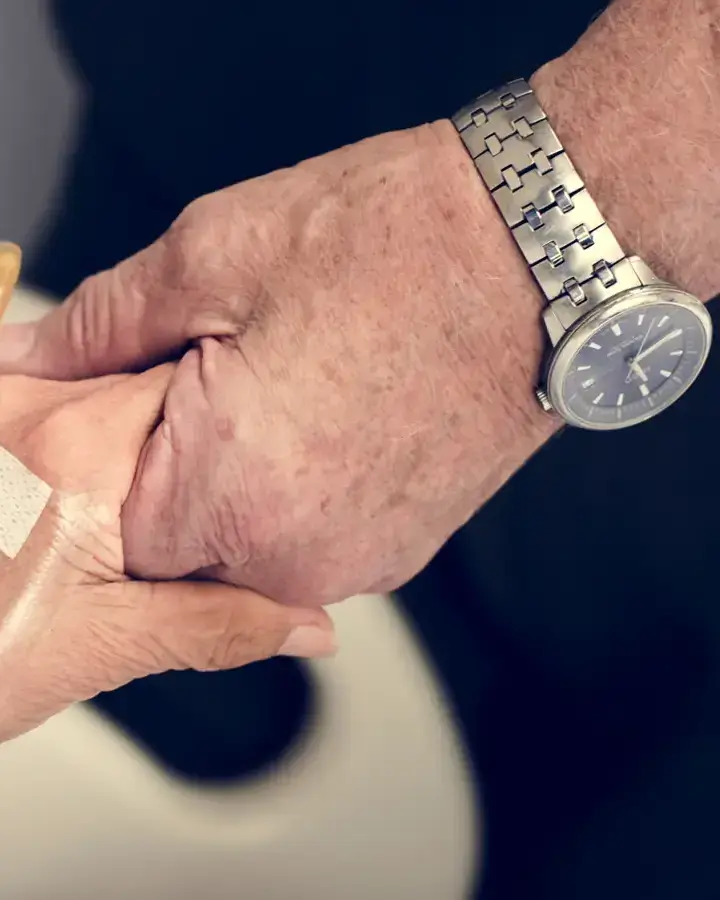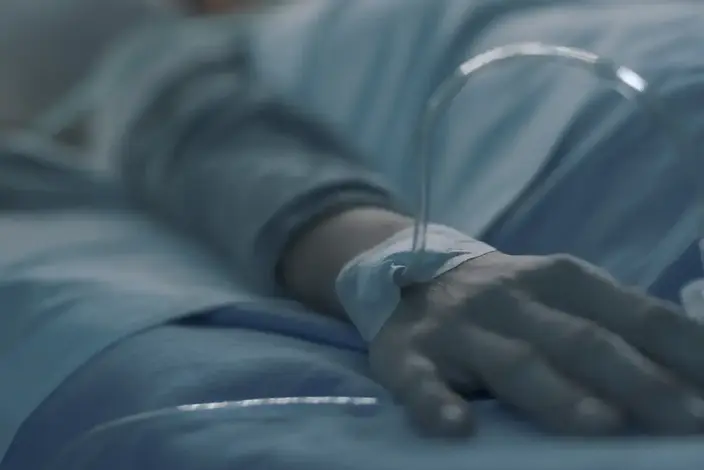

Advance Directives
Talking about serious illness or medical emergencies isn’t easy — but it’s important.
These legal documents can guide decisions about treatments like resuscitation or life-support machines, guiding your family during difficult times.
What are Advance Directives?
Advance Directives help you share your medical care preferences before a crisis, so your loved ones and care team know what matters most to you.
Below are the most common types of Advance Directives in Texas:
Directive to Physicians
Also known as a living will, this document outlines the medical treatments and life-sustaining measures you do or do not want — such as ventilators, feeding tubes, or surgery. In Texas, you may also name a Medical Power of Attorney in this directive.
Medical Power of Attorney
This document allows you to choose someone to make medical decisions on your behalf if you’re unable to do so. This person is called your health care agent or proxy. It applies only to medical decisions — not financial matters.
Choosing a Health Care Agent
Your agent doesn’t have to be a family member. Choose someone you trust and feel comfortable discussing end-of-life decisions with. Once you’ve made your choice:
- Talk with the person to confirm they’re willing to serve as your agent.
- Inform your family and physician.
- Consider naming an alternate agent in case of emergency.
Out-of-Hospital Do Not Resuscitate (DNR) Order
If you have a terminal illness and choose not to be resuscitated outside of a hospital setting, this legal document — signed by your physician — communicates your wishes to emergency personnel.
Advance Directive Documentation
Click here to download Advance Directive documents. If you would like to receive these documents by mail, please call 940-764-3360 or 940-764-8190 to obtain a copy
Once you’ve completed your Advance Directive forms, it’s important to make sure the right people have access to them. This helps ensure your wishes are honored if you’re ever unable to speak for yourself.
What to do After Completing Your Forms
- Give copies to your doctor, your designated health care decision maker(s), and your family members.
- Upload your documents to your MyChart account so your care team can access them when needed.
- Keep your information up to date. You can revise or cancel your Advance Directive at any time — regardless of your physical or mental condition.
Updating Your Advance Directive
If you make changes to your Advance Directive:
- Notify your doctor, attorney, health care agent, and family members.
- Remove outdated documents from MyChart and upload the updated versions.
Treatments that May Require Advance Directives
Advance Directives can help guide decisions about the following treatments:
- Resuscitation: CPR or electric shock to restart your heart or breathing.
- Mechanical ventilation: A machine that helps you breathe if you can’t on your own.
- Nutritional & hydration assistance: Feeding or fluids through a tube or IV. (In Texas, this is considered life-sustaining treatment.)
- Hemodialysis: A machine that removes waste from your blood if your kidneys stop working
- Palliative care: Relief from pain and symptoms while receiving curative treatment. Learn more about our hospital-wide Palliative Care Program by calling 940-764-4248.
- End-of-life treatments: Decide whether you want treatments like antibiotics, resuscitation, or ventilation if you have a terminal illness. You can still receive pain relief and comfort even if you choose not to be resuscitated.
Get started; find care today.

Cancer Care
Compassionate cancer care services: prevention, diagnostics, treatment, and rehabilitation. Find hope and comfort at United Regional Health Care System.

Critical Care
United Regional’s critical care team provides expert, around-the-clock treatment for patients with life-threatening conditions.

Cardiac Care
Trust United Regional Health Care System for your cardiac needs with leaders in heart and vascular care. Advanced diagnostics, skilled surgeons, and compassionate staff.



